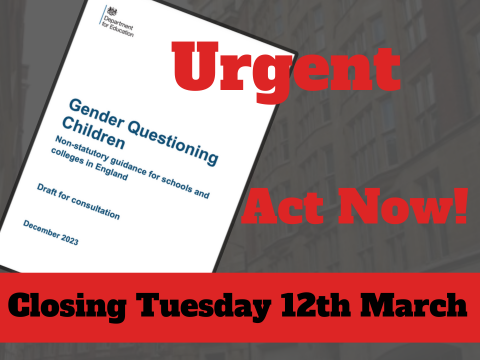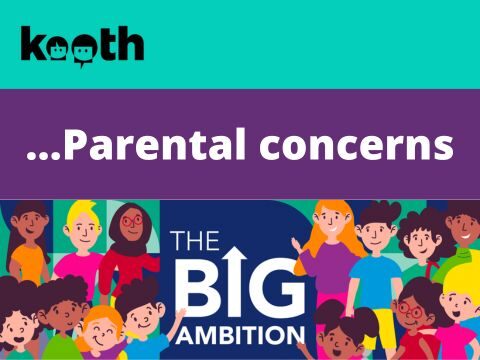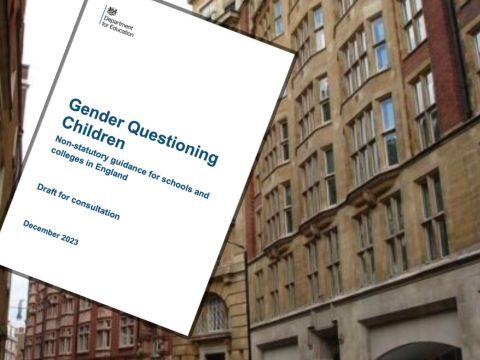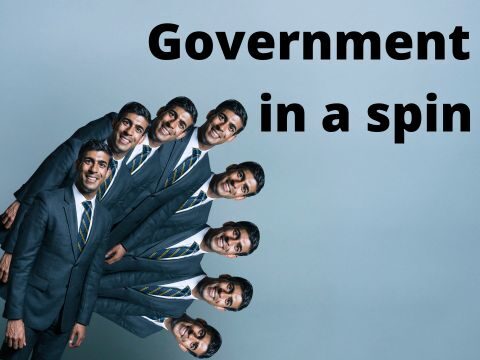

Banks of course are not the most popular institution these days. The financial crisis of 2008/9, the closure of branches, the recent collapse of TSB’s systems, the scale of bonuses still earned in a time of austerity – one could well understand the drive to take what market share might be there.
But should that extend to potentially neglecting the rights of children?
If you enter a Lloyds Bank these days, you may well find some very polished videos playing on a back screen advertising, presumably, how at various points in life a bank might help.
There are pictures of students leaving home and going to university, for instance. A common experience for many families. There is also a video of two men embracing with the strap line “He said yes”. Is this targeted at the “Pink pound” or those who would enter same-sex marriage?
And then there is the picture of the small child – who cannot be more than two years old though it is not specified – holding the hands of two adults either side. Exactly who they are is not shown. But again the strap line again indicates what the bank’s marketing is really about.
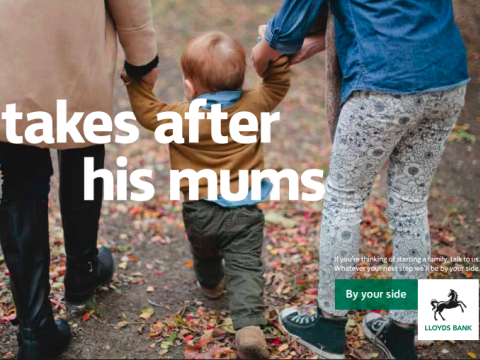

Although through surrogacy a child can have in some shape or form “two mums”, biologically children are the result of a male sperm fertilising a female ovum. A child has a biological father and mother.
The UN Convention on the Rights of the Child, effective in the UK and Europe in 1990, covers the following:
every child has basic rights, including the right to life, to their own name and identity, to be raised by their parents within a family or cultural grouping, and to have a relationship with both parents, even if they are separated.
Anyone who has lost their father or been in a split family, knows what that loss is. Anyone who works in a school or social services knows the trauma that can affect children, indeed for their life.
The deliberate construction of “family life” without a father removes the right from the child “to be raised by their parents …..and to have a relationship with both parents”.
This of course serves the ends of those who want to have or raise children, but not give them their right to a father. The cosy strap line “takes after his mums” colludes in that, one presumes for the sake of market share of the bank. It denies the biological reality of the genes that have come to that child from his father. It is a construct of identity for the sake of the adults not the child.
Society now uses children for the benefit of adults but does not work to ensure the child always has their rights protected – their right to their parents, their right to their father and mother, their right to what is still universally viewed, whatever current campaigns or court cases may hold, as their natural family life.
But when did the rights of children ever intrude on the pursuit of profits?
We are witnessing a new era of child abuse – that the “rights” of adults may be protected. We have commodified human life, and especially that of the most vulnerable and innocent among us.
But, unless they are investing in the IVF or surrogacy trade, how does this help the business of a major national financial institution? It would seem therefore that, as well as financial interests, they are also interested in the business of social engineering and ideological conditioning of their customers.
Do you want to be subjected to attempted brainwashing when you go to cash a cheque, collect your currency or inquire about a loan? What of the children who are the innocent victims of this selfish social experiment? Look closely, therefore, to the character of whom you borrow from.
Parent Power
